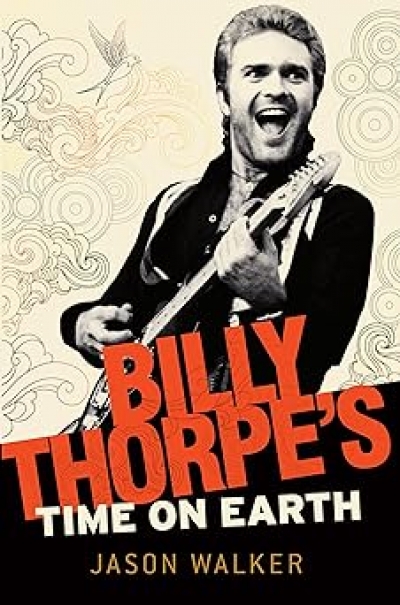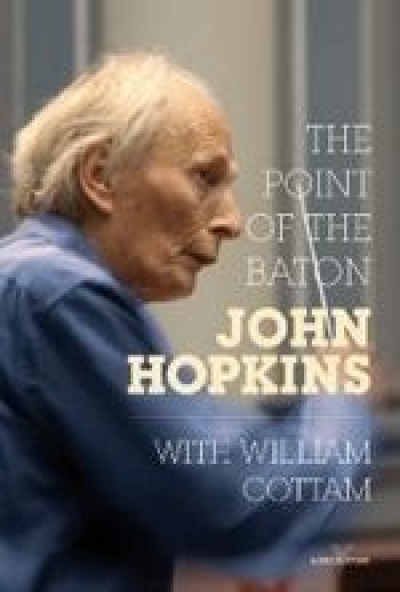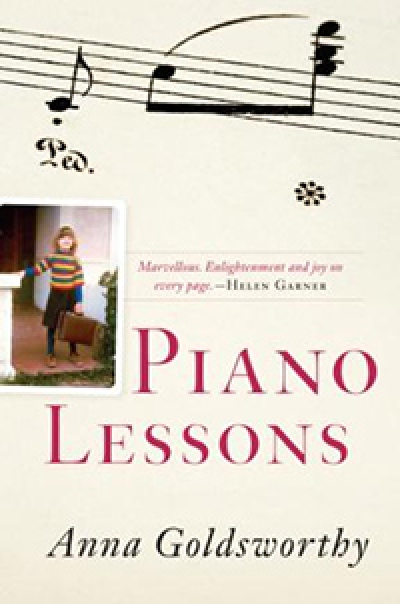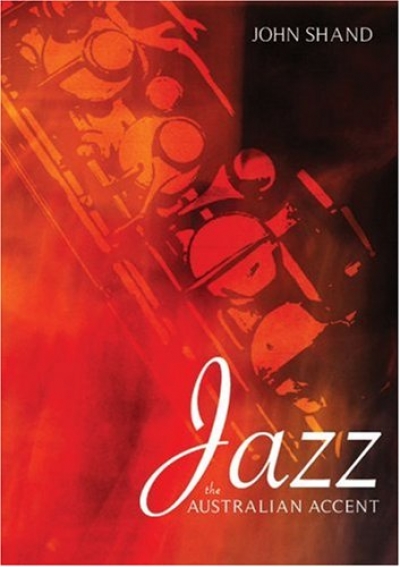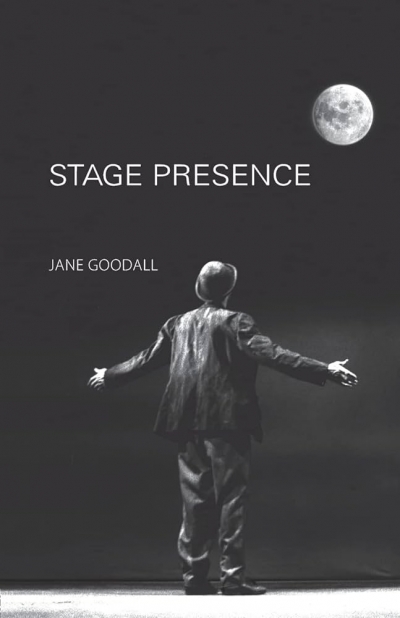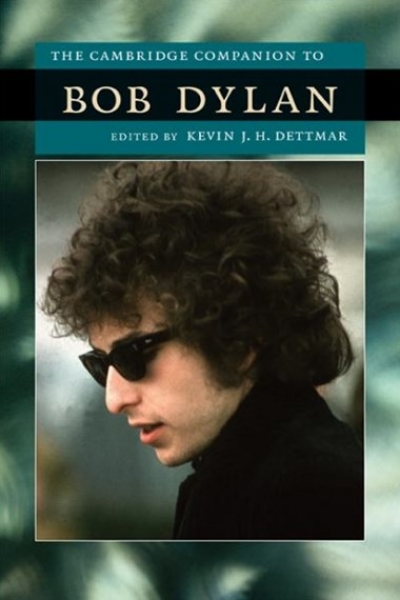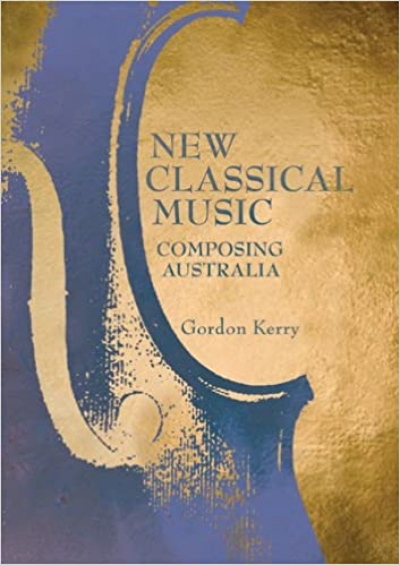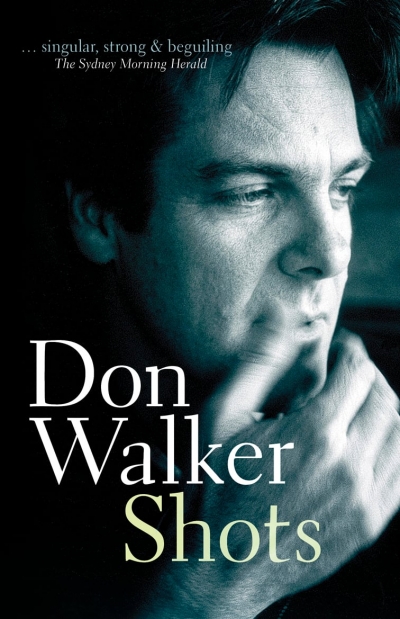Music
The Point of the Baton: Memoir of a conductor by John Hopkins (with William Cottam)
by Michael Shmith •
The Cambridge Companion to Bob Dylan edited by Kevin J.H. Dettmar
by Imre Salusinszky •
W. A. Mozart by Hermann Abert, translated by Stewart Spencer and edited by Cliff Eisen
by Ian Holtham •

